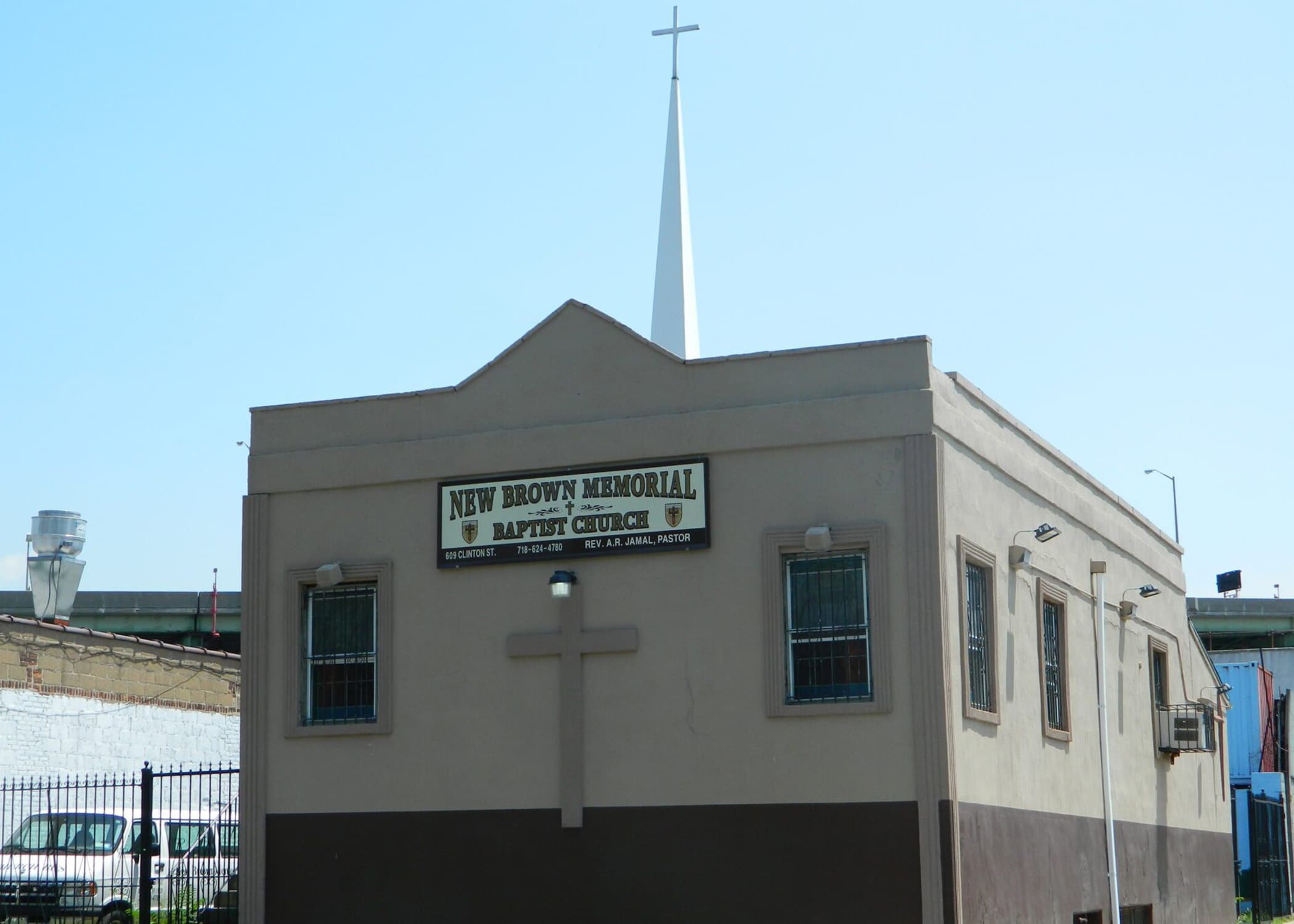On December 5, 2024, the New York City Council passed a package of bills aimed at increasing the city’s housing supply. Much of the attention has been focused on one such bill, the “City of Yes for Housing Opportunity” rezoning. However, the City Council’s “City for All” initiatives, which increased funding and incentives for affordable housing and homeownership in the city, were also important.
New York City’s “City for All” housing incentives
Here are some of the provisions that the New York City Council included in its housing incentives package:
- A $4 billion increase in housing capital and infrastructure investments over the next four years to finance affordable housing preservation, including Mitchell-Lama projects, New York City Housing Authority (NYCHA) investments, and Housing Development Fund Corporations (HDFCs), as well as stormwater and drainage systems, street improvements, open space, and sewer upgrades. These funds would be available to Mitchell-Lama and HDFC coops;
- An expansion of the HomeFirst downpayment assistance program, which provides up to $40 thousand in forgivable loans to eligible first-time homebuyers, and an increase in the income limits to include more moderate-income households. This critical funding help can make buying a reality for many aspiring homeowners;
- An expansion of the HomeFix 2.0 program, which provides low-interest loans and grants to homeowners for repairs and improvements, such as energy efficiency, accessibility, and resiliency measures. These new funds will help keep homeowners in place and avoid foreclosure;
- An additional 200 staff lines for the Department of Housing Preservation and Development (HPD) and the Department of Buildings to support development, planning, and enforcement functions across the agency. This could also increase staffing and resources working with Mitchell-Lama and HDFC coops;
- A joint City-State Mitchell-Lama Task Force to improve and stabilize the Mitchell-Lama program, which provides affordable rental and cooperative housing to low- and moderate-income families. This will allow both city and state agencies and stakeholders to evaluate the struggles and success of Mitchell-Lama coops. The new Task Force could potentially assess the recent benefits of Mitchell-Lama coops, such as Cadman Towers, the first Mitchell-Lama coop to convert to a permanently affordable HDFC coop. See Nixon Peabody’s work on Cadman Towers as an example of innovative preservation tools that could be closely exampled by this Task Force;
- A renewal of the J-51 tax abatement program, which provides tax incentives to owners of certain multiple-dwelling buildings for rehabilitation and renovation projects. The new version of the program will target condos and coops with low assessed values, rental buildings with a majority of affordable units, limited-profit housing companies, or properties with substantial governmental assistance. The program will also require HPD to establish a certified reasonable cost schedule and report annually on its implementation and enforcement. This is another valuable tax tool that will assist coops in meeting necessary capital needs; and
- A new reporting requirement for HPD to submit biannual reports to the Council regarding city-financed affordable housing development projects involving the disposition of city property. The reports will include information on the selection, approval, and closing dates of the projects, as well as any delays or obstacles. This will allow key stakeholders to evaluate whether current processes can be made more efficient, making housing units more readily available, including for-sale projects such as newly built affordable HDFC coops through the city's Open Door program, which is offered through HPD to fund the construction of cooperative and condominium buildings for affordable homeownership.
How to access affordable housing funding and incentives under new programs
These bills, which are expected to be signed by the Mayor, reflect the City Council’s commitment to expanding and preserving affordable housing and homeownership opportunities in the city, especially for low- and moderate-income households. They also aim to improve the quality and sustainability of the city's housing stock and enhance the transparency and accountability of the its housing agencies and programs.
Developers, homeowners, and prospective homebuyers in the city should be aware of these new funding and incentive programs and consult with their attorneys and financial advisors on how to access and benefit from them. Additionally, owners of multiple-dwelling buildings should review the eligibility and compliance criteria for the renewed J-51 program and seek guidance on how to apply for and receive tax abatements for their rehabilitation and renovation projects.
Nixon Peabody’s full-service Cooperatives and Condominiums team and Affordable Housing team can help developers, owners, and buyers navigate these programs and use the applicable incentives to make the most of allocated budgets. For more information on this content, please contact your Nixon Peabody attorney or the authors of this alert.



